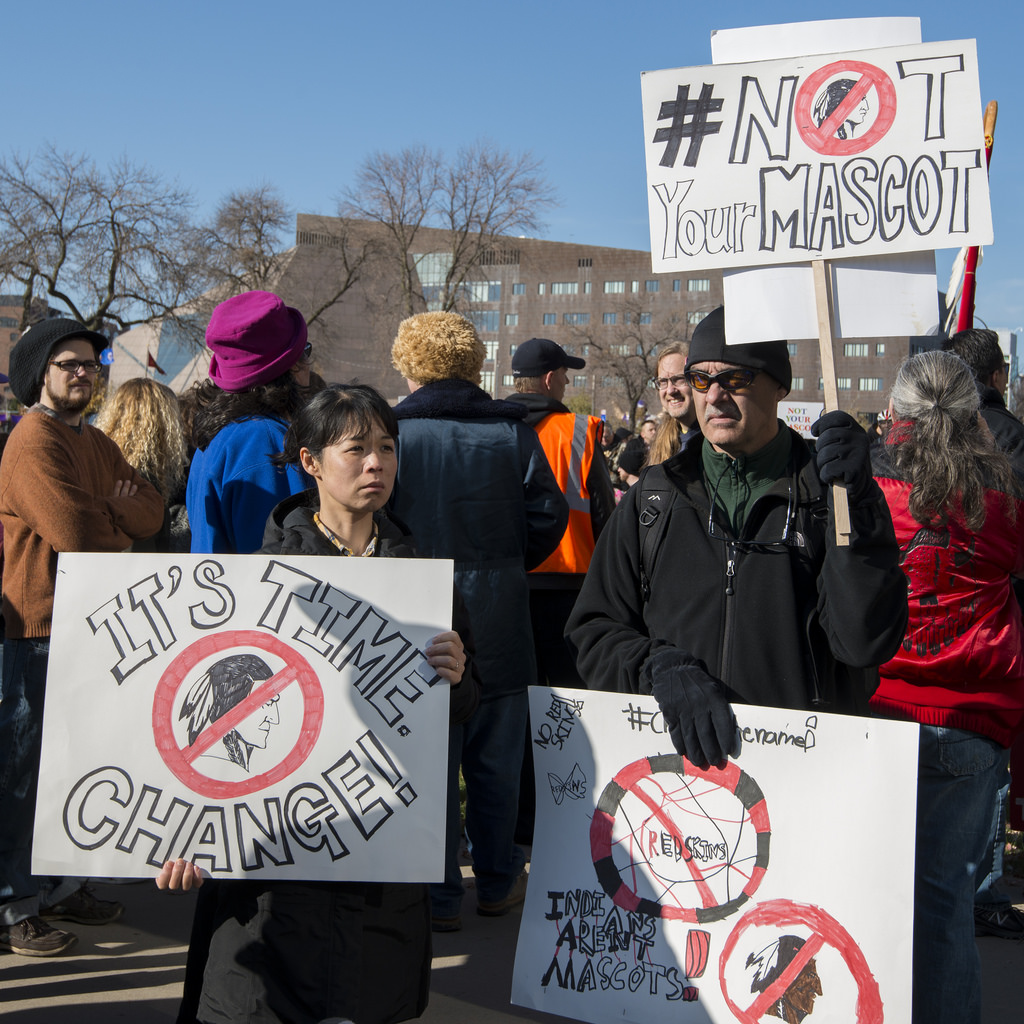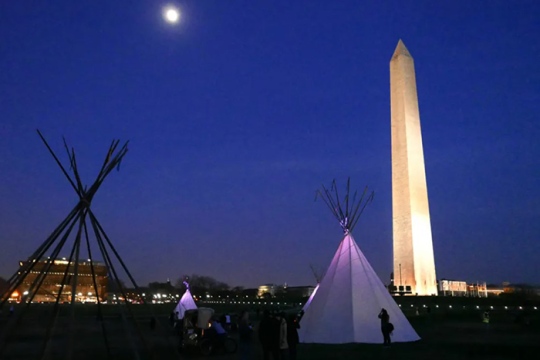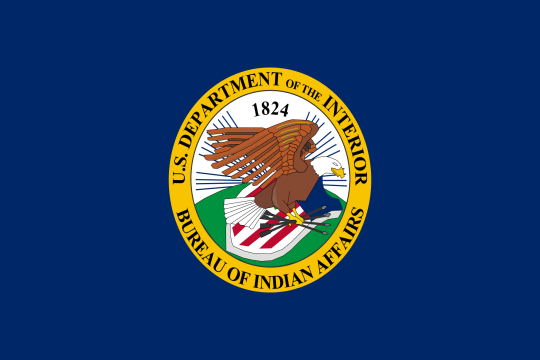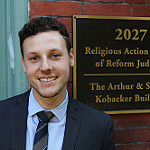
Despite having been banned by the NCAA in 2007, the University of Illinois at Urbana/Champaign’s former mascot, “Chief Illiniwek,” still held significant relevance when I moved to campus four years later. While the university had agreed to separate itself from the offensive affiliation, its students had made no such promise. Every sporting event still featured an “unofficial” chief on its sidelines, and many students continued to buy and wear sports paraphernalia featuring a stereotypical Native American chief.
This term, the Supreme Court has the opportunity to take a stance on the issue of culturally insensitive team names in Lee v. Tam. This case involves the Lanham Trademark Act of 1946, and whether or not this law violates the First Amendment. The law regulates the use of trademarks in commercial activity, and has jurisdiction over how such trademarks are used. This particular case involves an Asian-American rock band known as The Slants, whose trademark was denied on the ground that it disparages Asians. The U.S. Patent and Trademark Office also denied the Washington Redskins their trademark back in 2014, based on the fact that its name is disparaging to Native Americans. This decision was reaffirmed by a U.S. District Judge in July of 2015, and is currently pending a Fourth Circuit decision. The team attempted to jump over the Fourth Circuit with an appeal to the Supreme court, but earlier this month that appeal was rejected.
Lee v. Tam does not directly involve the Redskins, but could affect the team greatly depending on its outcome. A federal appeals court recently sided in favor of The Slants, arguing that it is unconstitutional for the Patent and Trademark Office to refuse trademark registration based on offensive speech. If the Supreme Court upholds this verdict, The Slants and Redskins will both be able to register their names. If, however, the court rules against The Slants, both groups could lose money, as they will no longer be able to block the sale of counterfeit merchandise by their competitors.
For many years, the Reform Movement has been calling on Redskins owner Dan Snyder to change the team’s name. In 1992, the Central Conference of American Rabbis passed a resolution condemning professional sports teams whose names encourage stereotypical thinking, and in 2000, then-Director of the Religious Action Center, Rabbi David Saperstein, sent a letter to Mr. Snyder urging that the Redskins formally change their name.
As this year’s football season starts to pick up steam, it is important to reflect on the words we use to describe not only sports teams and music ensembles, but other organizations as well. For more information on this topic, visit our Native American-Jewish Relations page or check out the Change the Mascot campaign, a national movement to end the use of “redskins” as the Washington football team mascot.
Related Posts

Native American Heritage Month: Continued Support for the Indigenous Population is a Necessity
Concern for Safety of Protesters at Standing Rock

